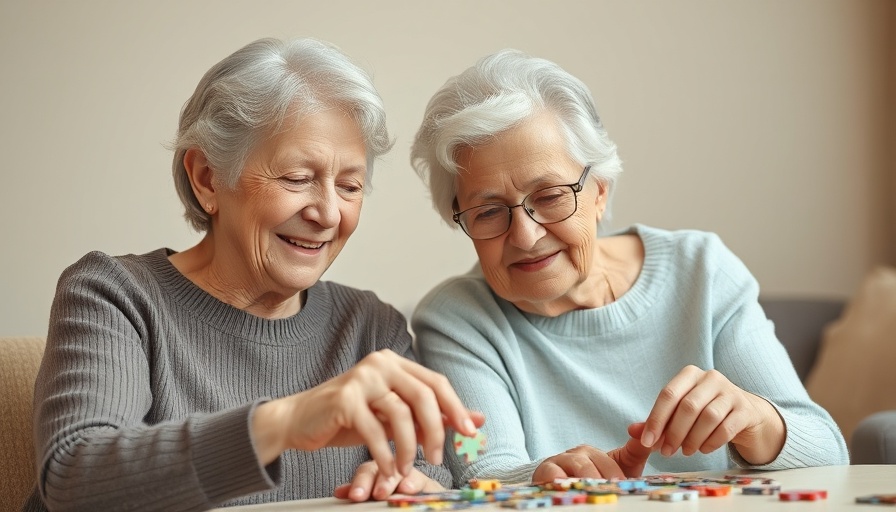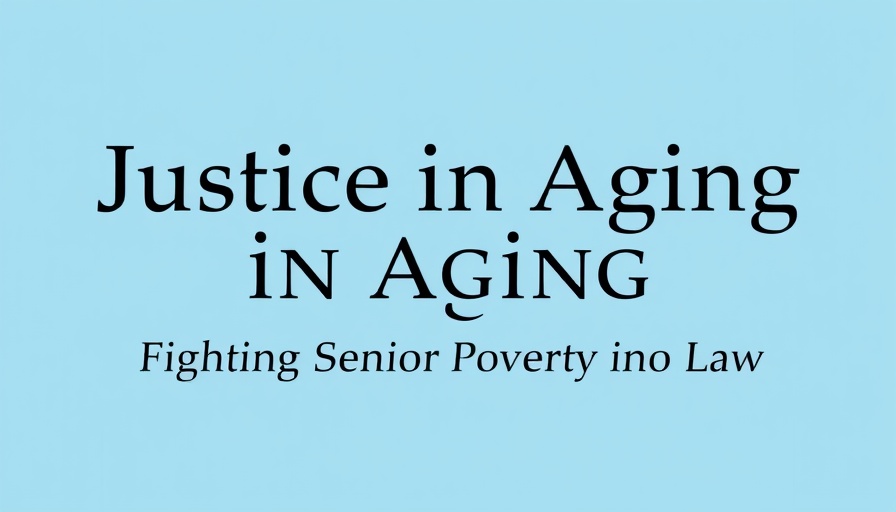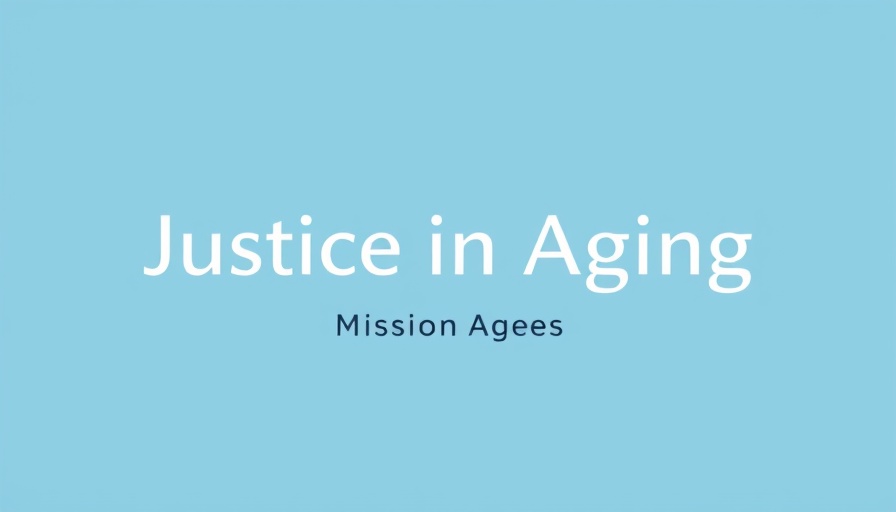
Redefining Dementia: Embracing Creativity and Connection
Dementia, often viewed through a tragic lens, is a condition that many feel spells a loss of identity and connection. However, innovative approaches to engaging with dementia reveal the potential for emotional growth and new forms of relationships. In a world where traditional narratives emphasize the loss associated with dementia, a group-oriented method known as social therapeutics offers a refreshing perspective by highlighting the creativity and value that individuals with dementia can still contribute to their communities.
How Creative Expression Transforms Relationships
Many caregivers and family members experience the same heartbreaking narrative that their loved ones “go away” as dementia progresses. Yet, practical methods like improv games and collective sharing sessions have been shown to positively transform these relationships. A poignant example involved a daughter grappling with the changes in her mother's identity due to Alzheimer’s. The group encouraged her to explore what their relationship could become without solely relying on her mother's memories. This approach opened doors to newfound connections, demonstrating that meaningful interactions can transcend memory loss.
Broadening the Scope: Art as Therapy
The potential of creative arts therapies extends beyond improvisation and drama. Diverse modalities, from painting to poetry, enable individuals with dementia to connect not only with themselves but also with their caregivers. According to the Alzheimer's Society, engaging in art can significantly elevate mood and cognitive functions, allowing people living with dementia a precious outlet for expression. A successful example of this approach is Arts 4 Dementia, which champions arts stimulation through creative writing and collective artistic activities.
Social Interaction: The Heart of Recovery
Another key benefit of creative arts therapies lies in their ability to foster social connections. Workshops, like those led by the Arts 4 Dementia initiative, create spaces for individuals experiencing dementia to bond over shared activities. This collaboration not only nurtures creativity but also helps in combating feelings of isolation often associated with dementia. Research indicates that participating in these creative activities yields lasting improvements in mood and cognition, with benefits that extend well beyond the workshop environment.
Embracing a New Narrative for Dementia
The shift towards viewing dementia not just as a decline, but as an opportunity for creativity and connection marks a significant cultural change. The stigma surrounding dementia is challenged by these narratives, which highlight the ongoing engagement of creativity in the lives of those affected. By redefining the experience of dementia, families and caregivers can create enriching environments that celebrate life, even as it changes.
Practical Insights: How to Get Involved
If you or a loved one is affected by dementia, consider seeking out local programs that focus on creative engagement. Workshops that involve dance, music, or visual arts can be immensely beneficial, fostering interaction among participants while allowing for self-expression. Engaging in community art initiatives can also forge strong relationships, bridging the gap between individuals living with dementia and their caregivers. By actively participating in these therapies, you contribute to a more compassionate and supportive community.
In conclusion, the traditional view of dementia as a mere decline holds less truth than the empowering narrative of creativity and connection. It is essential for families to explore these innovative approaches that redefine the possibilities available to those with dementia. Embracing this change can foster deeper relationships and enhance quality of life for everyone involved.
 Add Row
Add Row  Add
Add 




 Add Row
Add Row  Add
Add 

Write A Comment